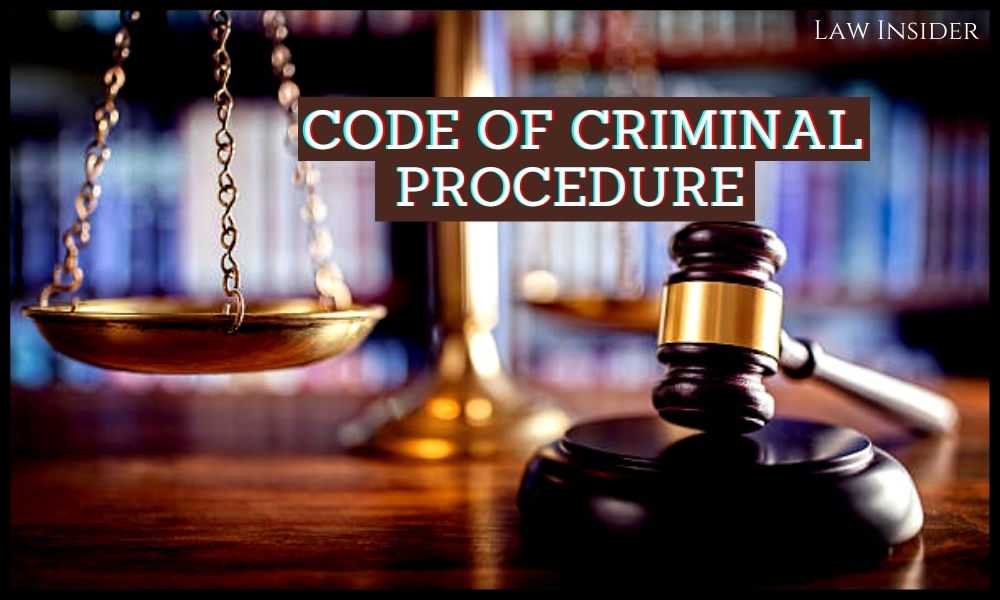Mitali Palnitkar
Published On: February 02, 2022 at 16:49 IST
The Punjab and Haryana High Court held that High Courts can exercise powers under Section 482 of Code of Criminal Procedure (CrPC) to Quash proceedings in Non-Compoundable Offences.
In a Case pertaining to Offence under Section 420 of Indian Penal Code (IPC) and Section 13 of Punjab Travel Professional (Regulation) Act, 2013, the former part of the Offence was compoundable but the latter part was not compoundable. The Petitioner appealed to quash the First Information Report (FIR) since the parties had voluntarily reached a compromise.
Justice Anoop Chitkara observed that the power to quash an FIR and proceedings even if the Offence was non-compoundable was the inherent power of the High Court.
In the Case, the Petitioner was a travel agent who claimed to send people to Canada, the Respondent paid him Rs 3.5 lakhs for the same. But the Petitioner was a conman due to which the Respondent gave a written Complaint to Senior Superintendent of Police (SSP), Jalandhar and an FIR was registered.
The Case reached the Sub-divisional Judicial Magistrate but the Petitioner and Respondent arrived at a compromise voluntarily and consented to nullify the Criminal Proceedings. Thus, the Petitioners filed the Petition in the High Court praying to exercise its powers under Section 482 CrPC and quash the FIR and Proceedings.
The Court noted that there was Victim’s consent to nullification of Proceedings, the Offence did not affect public peace and tranquility, the Accused was a first-time offender, and the purpose of Criminal Jurisprudence was reformatory in nature.
The Court perused Supreme Court Judgments of Gold Quest International Private Limited v State of Tamil Nadu, Parbatbhai Aahir v State of Gujarat, Ramgopal v State of Madhya Pradesh, and Shakuntala Sawhney v Kaushalya Sawhney.
The High Court stated that it had the inherent Jurisdiction to Quash the FIR and Proceedings in the Case. It also stated that the finest hour of Justice is when parties bury the hatchet. Therefore, the FIR and the subsequent Proceedings against the Petitioner were quashed and pending applications were also closed.

